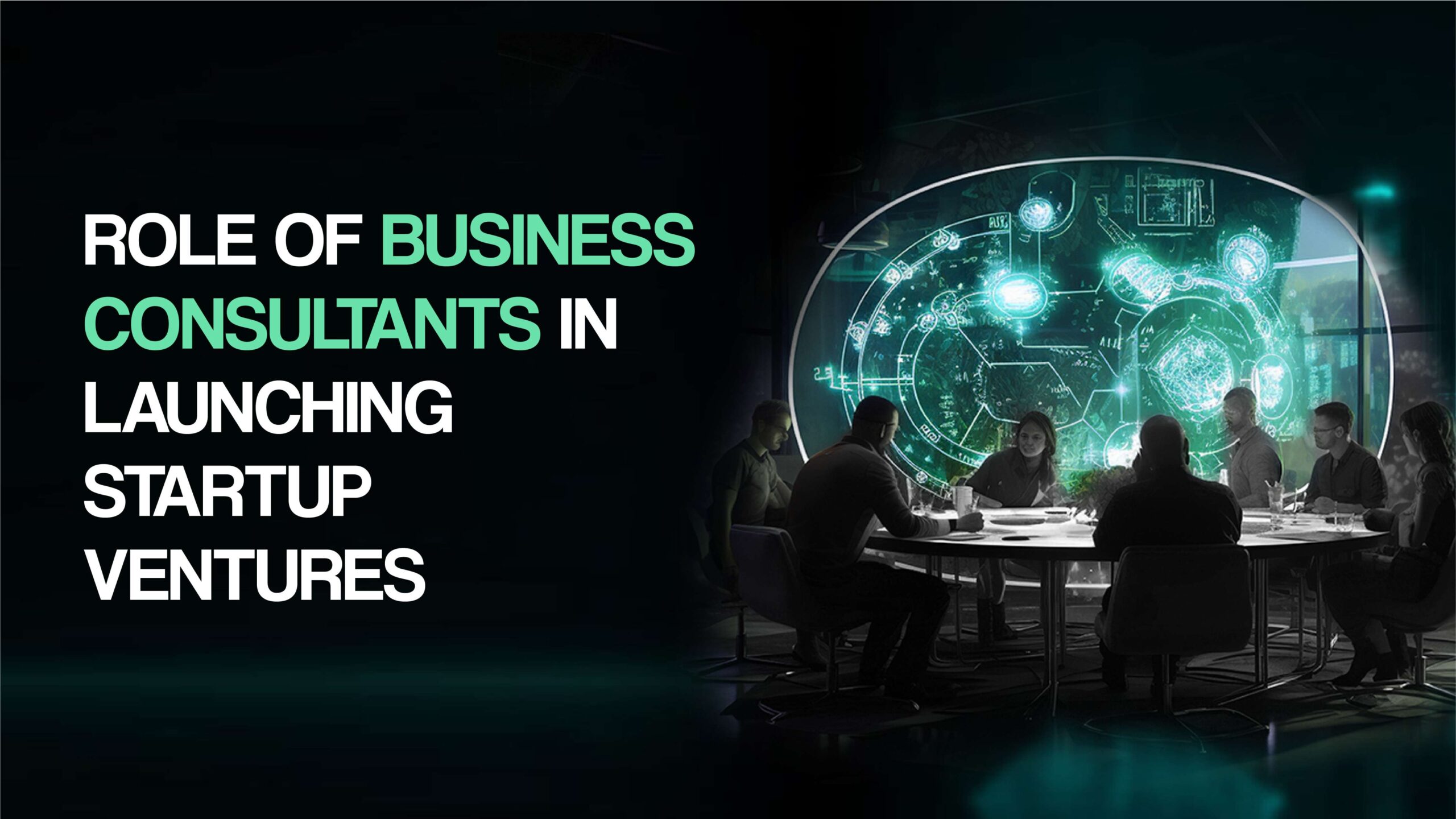Generative AI Wave: Reshaping These Crucial Sectors
With a projected market value of $191.8 billion by 2032, growing at a staggering CAGR of 34.1% from 2023 to 2032, generative AI is rewriting the rules of innovation and problem-solving.
ChatGPT is a Generative AI-powered chatbot that has found its home in the technical and education industries, with more than 200 companies harnessing its power in 2023.
Surprisingly, ChatGPT is not confined to these realms alone; it has found its way into up to 100 institutions and companies across diverse sectors, from agriculture to culture and even the legal industry.
The results have been commendable. Almost 25% of companies reported savings ranging from $50,000 to $70,000 after embracing ChatGPT. Plus, 11% of these visionary companies have pocketed savings exceeding $100,000 by integrating ChatGPT into their workflows.
In this statistics-rich blog, let’s discover how Generative AI transforms various fields, from healthcare to marketing.
Revolutionizing Workflows: The Impact of Generative AI on Tasks
About 75% of its potential value is concentrated in four critical areas: Customer operations, marketing and sales, software engineering, and research and development.
Moreover, in 66% of American companies, the most common application of ChatGPT is in writing code. This fundamental programming task, often seen as intricate and time-consuming, is now significantly streamlined and simplified, thanks to the capabilities of generative AI.
Not far behind, copywriting emerges as another frequently performed task using ChatGPT, with 58% of companies acknowledging its use for this purpose. Whether it’s creating product descriptions, marketing materials, or website content, generative AI’s prowess in generating human-like text has become a reliable companion in content creation.
In 57% of companies, ChatGPT assists in addressing customer inquiries and providing solutions. This automated support improves efficiency and ensures a consistent and high-quality customer service experience.
Beyond these common applications, the impact of generative AI extends to data-related tasks. Even before the advent of generative AI, automation possibilities were substantial. However, with the integration of generative AI, the automation potential soars to over 90% for data processing. This means that the labor-intensive work of handling and analyzing data can now be streamlined and accelerated, allowing businesses to make data-driven decisions more efficiently.
Generative AI Across Industries
The Generative AI revolution results from tireless efforts from industry titans like Meta, Nvidia, DeepMind, Google, Adobe, and OpenAI, who have joined forces with esteemed institutions such as MIT, Stanford, and UC Berkeley. Their collective brilliance has given birth to game-changing generative AI technologies reshaping entire sectors.
Automotive
https://youtu.be/fOtlMezS3xc?si=No-_eI0ys1AtidC-
With the Generative AI in Automotive Market projected to grow from $271 million in 2022 to a staggering $2,105 million by 2032 at a remarkable CAGR of 23.4%, the impact is undeniable. This innovative technology is not only expediting development processes but also enabling a 10%-20% reduction in auto parts’ development timelines.
By harnessing Generative AI for material science, synthetic data, and generative design, the automotive sector is witnessing unprecedented advances in efficiency and innovation, propelling it into an exciting era of cutting-edge advancements and streamlined production.
Technology
Generative AI has ignited a tech industry revolution, with a significant 35% adoption rate in the Technology sector and 30% in Consulting. Remarkably, 67% of IT leaders prioritize generative AI in their forthcoming strategies.
This innovation extends to the Architecture and Engineering field, where it’s harnessed for synthetic data and generative design. Similarly, the Energy and Utilities sector benefits from Generative AI in material science and synthetic data.
Approximately 57% of senior IT leaders are convinced that generative AI enhances customer service, data utilization, and operational efficiency. Even skeptics (80%) acknowledge its potential to serve customers better.
Manufacturing
The Global Generative AI in Manufacturing Market will surge from $223.4 million in 2022 to $6,398.8 million by 2032, boasting a remarkable CAGR of 41.06%. A significant stride toward efficiency is underway, as 30% of manufacturers plan to integrate generative AI by 2027.
In the electronic product manufacturing sector, Generative AI’s impact is profound, propelling advances in material science, chip technology, and synthetic data utilization. This technology is streamlining production processes and driving innovation, moving the manufacturing industry into a new era of precision and productivity.
FinTech and Banking
Generative AI is revolutionizing the fintech and banking sector, with the global market set to reach a remarkable $9.87 billion by 2030, driven by a compelling CAGR of 36.1% from 2023 to 2030.
This transformative technology has the potential to unlock substantial value, with estimates ranging from an additional $200 billion to $340 billion annually across the banking industry when fully embraced.
From enhanced customer service through chatbots to more accurate risk assessment and fraud detection, Generative AI is propelling the financial world into an era of unprecedented efficiency and innovation, promising a brighter and more secure financial future.
MedTech
Projected to exhibit an extraordinary 85% compound annual growth rate through 2027, the healthcare and medtech industry is set to redefine the landscape. By 2025, Generative AI is anticipated to contribute to 50% of drug development, revolutionizing the pharmaceutical sector.
Furthermore, the healthcare Generative AI market is forecasted to surge to $22 billion by 2032. This transformative technology is being harnessed for synthetic data generation and innovative drug design, promising breakthroughs in research and patient care and propelling the industry into a new era of efficiency and innovation.
Marketing
Generative AI has significantly impacted the marketing industry, transforming how brands engage with their audiences. 16% of individuals aged 35 to 44 find generative AI graphics from brands highly appealing, while 12% of those aged 18 to 34 are drawn to generative AI images in influencer-led social media advertising.
In fact, marketing and advertising have a 37% adoption rate in using generative AI across industries. Marketers are leveraging generative AI for a variety of tasks, including basic content creation (76%), copywriting (76%), sparking creative ideas (71%), data analysis (63%), and image asset generation (62%).
Conclusion
Generative AI is reshaping industries, from writing code to copywriting and customer support. It’s also automating data-related functions, like data processing. The impact of generative AI spans diverse sectors, from automotive and technology to manufacturing, FinTech, MedTech, and marketing, promising a future of efficiency, innovation, and productivity. Embracing this transformative technology is the path forward for industries worldwide.




